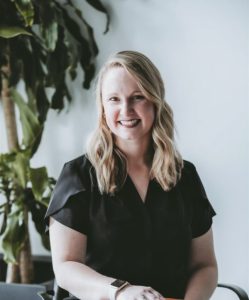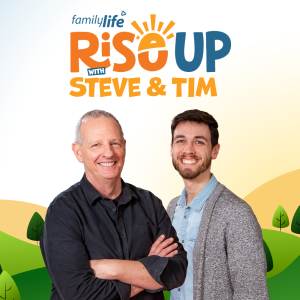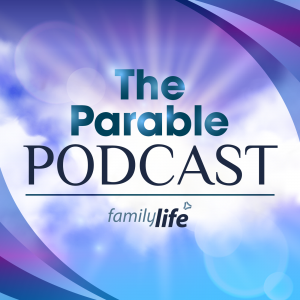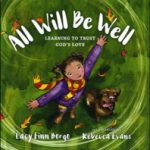Inside Out – Feeding the Spiritually Hungry – 05/17/23
Podcast: Play in new window | Download (Duration: 12:47 — 17.6MB)
Subscribe: Apple Podcasts | Android | Email | RSS
Over 70 percent of Americans say they would like to grow spiritually, according to the Barna research group. That includes Boomers, Gen X, Millennials, and Gen Z.
“When over seven in ten people say they want to grow spiritually, they are not necessarily saying, ‘Hey, I want to meet Jesus,’ ‘Hey I want to become a Christian,’” says Savannah Kimberlin, an Associate Vice President for Church Engagement at Barna.
The people who are open spiritually, she says, are looking for purpose or inner peace and are willing to consider a spiritual answer. Reaching them with the answer in Jesus will look different from how Christians spread the news of Jesus in previous decades.
 “They care very deeply about knowing and seeing and being taught that Christianity is not only true, but that it is also good,” she says. Christians are the most attractive to spiritually hungry people when their beliefs show through in the way they live even more than in the words they say.
“They care very deeply about knowing and seeing and being taught that Christianity is not only true, but that it is also good,” she says. Christians are the most attractive to spiritually hungry people when their beliefs show through in the way they live even more than in the words they say.
“If we want to step into these kinds of relationships where we are being salt and light, and where we are facilitating spiritual conversations, we have to make sure that our actions speak louder than our words,” Kimberlin says.
The Barna Group has been researching faith in America for over three decades. Learn more about Barna here, and Barna’s Rising Spiritual Openness in America research here.
















 What she found instead surprised her. Angulo, a student at Miami’s Florida International University, has written for The Gospel Coalition about the receptivity of her professors and classmates to learning what she, as a Christian, believes. “I had classmates who, upon finding out I was a Christian, were more curious than anything else, and would ask me to have lunch with them,” she says.
What she found instead surprised her. Angulo, a student at Miami’s Florida International University, has written for The Gospel Coalition about the receptivity of her professors and classmates to learning what she, as a Christian, believes. “I had classmates who, upon finding out I was a Christian, were more curious than anything else, and would ask me to have lunch with them,” she says.

